In the vast expanse of space, among the stars and galaxies, a small but significant piece of history was made. Emirati astronaut Sultan Al Neyadi, an embodiment of dreams and aspirations for the citizens and residents of the United Arab Emirates (UAE), embarked on a historic six-month mission aboard the International Space Station (ISS). This mission had not only captured the hearts of many but had also inspired an entire nation and the Arab world.

Sultan Al Neyadi’s journey into space was not just a personal achievement; it was a testament to the UAE’s commitment to space exploration and scientific advancement. His six months aboard the ISS marked the longest Arab space mission ever undertaken, a monumental feat that brought immense pride to the nation and its leaders.
During this historic mission, Sultan Al Neyadi and his fellow crew members conducted over 200 experiments encompassing various scientific domains. These experiments covered critical areas such as the cardiovascular system, back pain research, protein crystallization growth, epigenetics, immune system studies, fluid dynamics, plant biology, human life sciences, material science, sleep analysis, and radiation exposure. The knowledge gained from these experiments promised to not only benefit individuals but also contribute to the betterment of the world and future space exploration.
The significance of this remarkable event could not be overstated. It was a celebration of human achievement and a testament to the power of international collaboration in space exploration. The live coverage and interactions on social media with the crew while they were in space created a sense of excitement and unity among people from all walks of life, transcending borders and cultures.
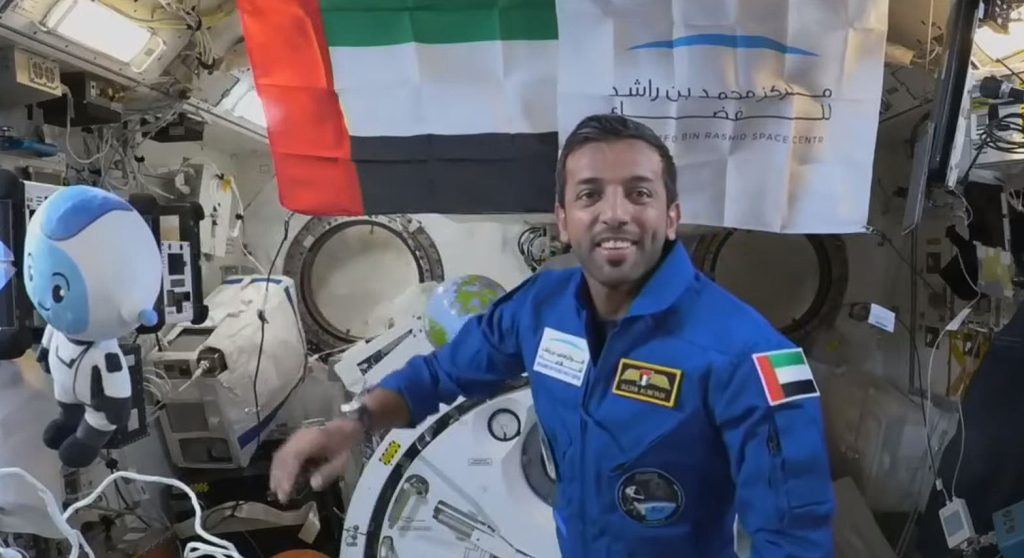
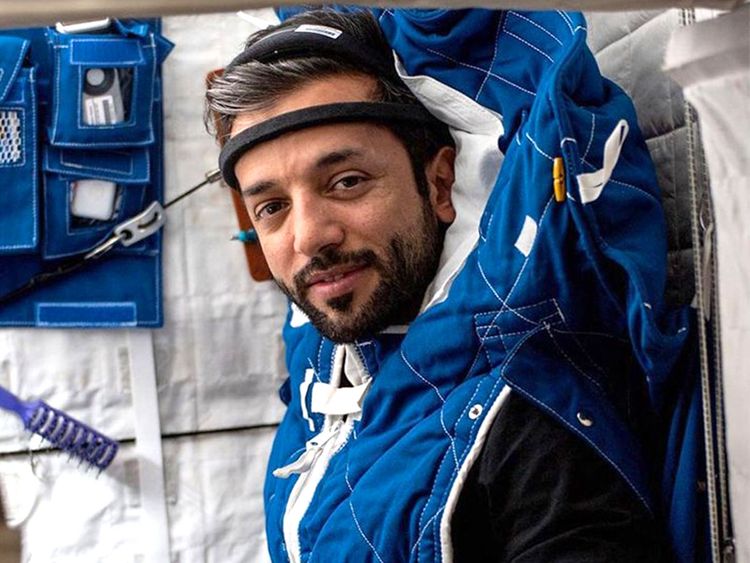

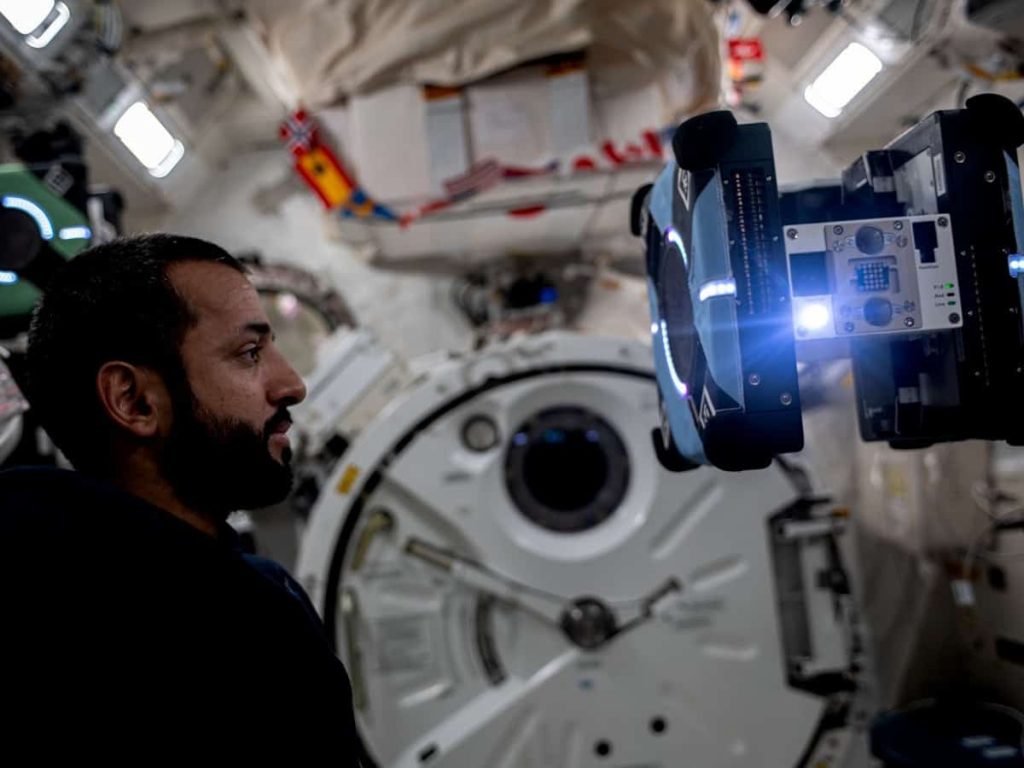
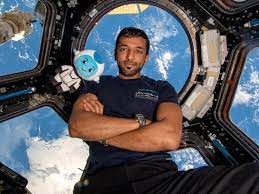
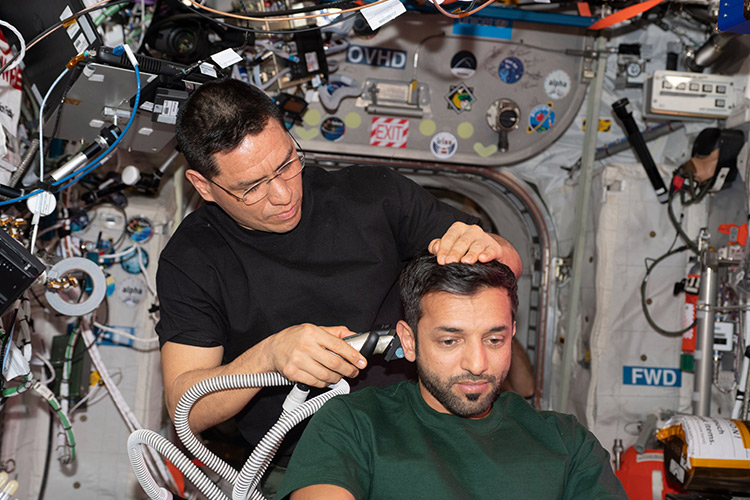
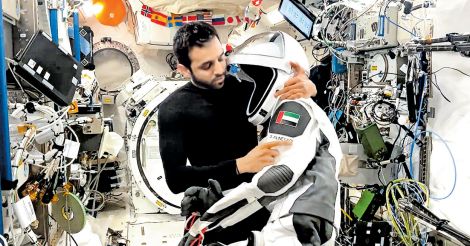
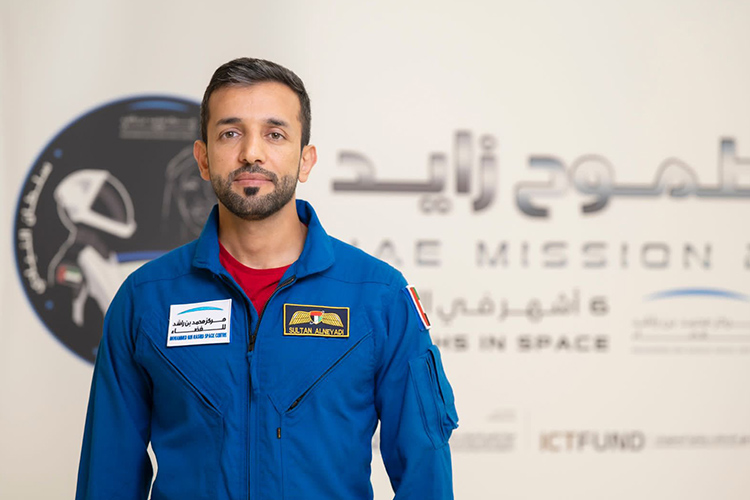
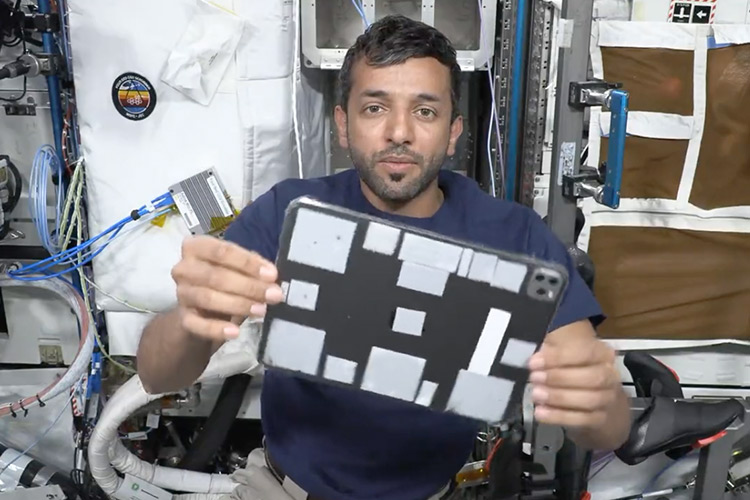

The United Arab Emirates, known for its vision and ambition, had invested heavily in its space program. The success of Sultan Al Neyadi’s mission was a testament to the country’s dedication to scientific research and exploration. This mission had also positioned the UAE as a leader in the region’s space endeavors and had earned it the respect and admiration of the global space community.
In a recent virtual news conference held by the Mohammed bin Rashid Space Centre (MBRSC), Salem Humaid AlMarri, Director-General of MBRSC, shared insights into the future of Sultan Al Neyadi’s mission. He explained that, upon their return to Earth, the astronauts would undergo medical rehabilitation and safety measures before returning to normal life. Simultaneously, a dedicated team would focus on the scientific experiments conducted during the mission. Administrative and organizational matters, as well as discussions with various stakeholders, would also be handled by an administrative team.
The return journey from space was a complex process, involving precise maneuvers and the utmost care for the astronauts’ safety. After undocking from the ISS, the spacecraft underwent orbit-lowering maneuvers, and a crucial deorbit burn was executed before re-entering Earth’s atmosphere. The careful deployment of parachutes ensured a safe landing off the coast of Tampa, Florida, in the Gulf of Mexico.
The UAE Astronaut Programme, managed by MBRSC under the UAE’s National Space Programme, was supported by the ICT Fund of the Telecommunications and Digital Government Regulatory Authority (TDRA). This support was aimed at promoting research and development in the ICT sector within the UAE, further solidifying the country’s position on the global stage.
As we eagerly awaited Sultan Al Neyadi’s safe return to Earth and the continuation of his mission’s scientific endeavors, let us celebrate this momentous achievement. Sultan Al Neyadi had not only ventured into space but had also become a beacon of inspiration for the UAE and the Arab world. His mission had embodied the nation’s dedication to scientific progress, innovation, and the pursuit of knowledge, ultimately working toward making the world a better place for all.

